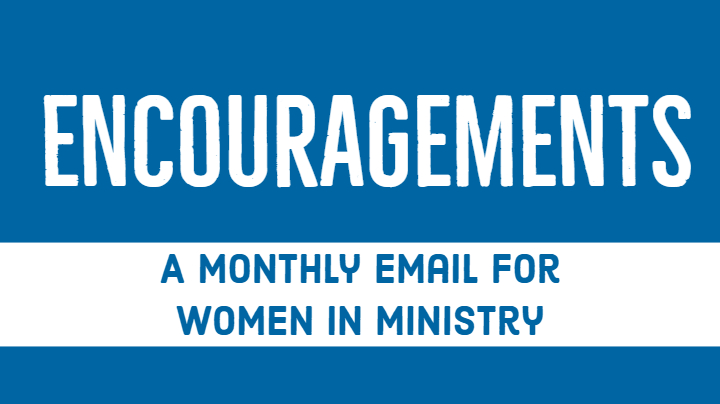The Center for Leadership Excellence, in partnership with COSROW, is pleased to lift up the voices of women in ministry encouraging fellow women in ministry. Please enjoy this month’s Encouragement from Abby Muehlstein, Duke Divinity student and summer intern at Walnut Grove UMC. Anyone can sign up to receive these monthly emails here.
When I was invited to submit an Encouragement for this newsletter, my first thought was to bring in a lesson from my Duke Divinity summer class on death, dying, and bereavement. That’s encouraging, right?
The professor started out by asking us to re-think what it means to journey through grief. Rather than trying to see grief as a straightforward process predictably mapped out from point A to point B, she encouraged us to envision grief through the lens of wayfinding. Wayfinding is an orienteering practice that relies upon using the sun and stars, knowledge of the natural world, and generational wisdom to go out from one place into a world yet unknown. If you’ve seen the movie Moana, you’ll have some understanding of how this works. Whereas maps carry an unspoken understanding that they’re based on a high level of familiarity with the terrain they represent, wayfinding humbly recognizes that the world is too complex, too unknowable, to represent on a piece of paper. The wayfinding approach applies beyond grief, as well.
Some of the most captivating stories in Scripture are those of people navigating uncertain times. Think of Hagar, who ventured into the wilderness twice with no plan other than to get away (Gen. 16:6-14; 21:14-19). Think of Naomi and Ruth, returning to Bethlehem with no concrete plans for the rest of their lives (Ruth 1:19-22). They may not have known exactly how to move forward into an unknown world, but they were sure of certain supports: a present and provident God, a tradition of familial generosity, assurance of God’s plans for them and those who would follow them. These made it possible to move forward, one step at a time.
It is impossible to know the countless contexts you each find yourselves navigating as you read this today. Who is supporting your journey? What can you learn from the wisdom of those who have come before? What landmarks do you see that point in the direction you’re aiming to go? Better yet, how can you serve others in their own wayfinding process? As you go forward into the unknown, make note of what helps you along your way and the wisdom that you can share with others whose journeys may align with yours. Wayfinding may be unique to each person, but it is by no means a solitary practice.
In partnership,
Center for Leadership Excellence and the Commission on the Status and Role of Women

